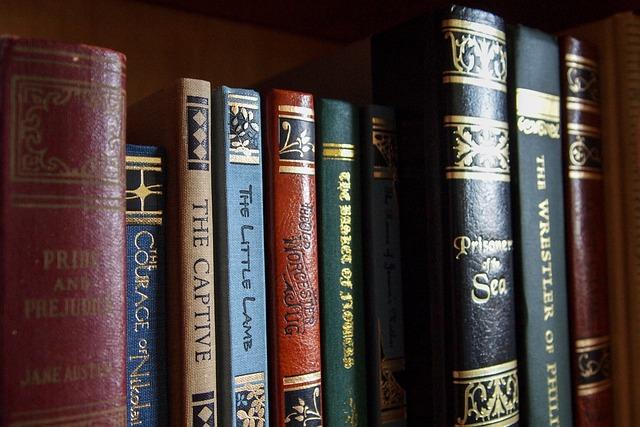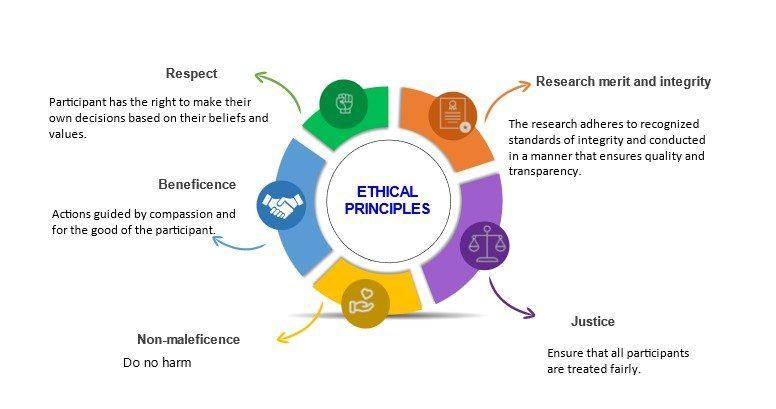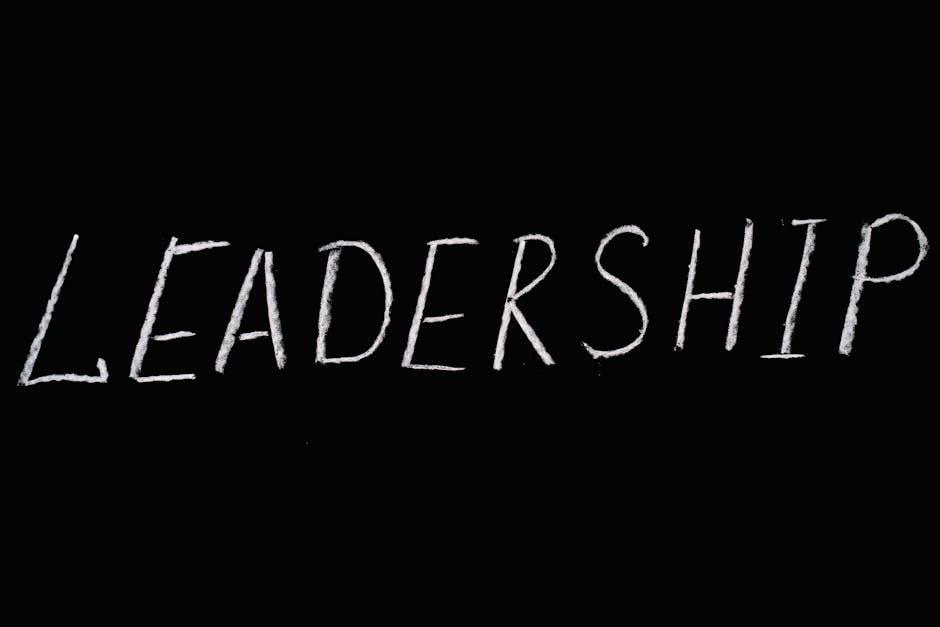Features section
Add advertising hereIn the heart of the lush African savanna, beneath the watchful gaze of towering acacia trees, a young woman once embarked on a journey that would forever alter our understanding of the natural world. Valerie Jane Morris-Goodall, known globally as Jane Goodall, emerged not only as a pioneering primatologist but as a beacon of compassion and environmental stewardship. With her groundbreaking research on wild chimpanzees, she shattered the boundaries between human and animal behavior, revealing the profound emotional and social lives of our closest relatives.Yet,Goodall’s impact extends far beyond the realm of science; it resonates in the echoes of her advocacy for conservation,ethical treatment of animals,and a vision of a harmonious coexistence with nature. This article delves into the multifaceted legacy of Jane Goodall,exploring how her unwavering commitment to compassion and inquiry has inspired generations and continues to shape the future of both science and humanity.
Table of Contents
- Understanding the Foundations of Jane Goodalls Compassionate Approach
- Bridging Science and Humanity: The Impact of Ethical Research
- Inspiring future Generations: Goodalls Educational Initiatives
- Advocating for Wildlife: Strategies for Sustainable Conservation Practices
- Q&A
- Key Takeaways

Understanding the Foundations of Jane Goodalls Compassionate Approach
Jane goodall’s groundbreaking work with chimpanzees has paved the way for a deeper understanding of primate behavior and conservation. Her compassionate approach, rooted in empathy and respect, revolutionized the field of anthropology and animal studies. by immersing herself in the lives of these remarkable primates, Goodall demonstrated that they possess emotions, social structures, and problem-solving abilities similar to our own. This profound insight fosters a sense of respect that transcends species, emphasizing the importance of connection between humans and animals.
Central to Goodall’s ideology is the belief that fostering compassion extends beyond just understanding primates; it encompasses all living creatures. She advocates for a multi-faceted approach to conservation that includes:
- Education: Raising awareness about the challenges faced by wildlife.
- Community Engagement: Involving local populations in conservation efforts.
- Policy Advocacy: Promoting legislation to protect habitats and animal rights.
By integrating these elements,Goodall illustrates that compassion can be a powerful catalyst for change,urging us to recognize our shared obligation toward the natural world.

Featured section
Add advertising hereBridging Science and humanity: The Impact of Ethical Research
In an age where scientific inquiry often intersects with ethical dilemmas, few have personified the delicate balance of compassion and inquiry as valerie Jane Morris-Goodall.Her groundbreaking work with wild chimpanzees challenged the perception of human-animal relationships and underscored the profound emotional and social capacities of our nearest relatives. Through her field research,she not only expanded the horizon of biological understanding but also expanded the moral considerations we must adopt towards the natural world. By practicing and advocating for ethical standards in research, Goodall exemplified how scientific advancement can go hand-in-hand with a commitment to preserving the dignity and integrity of all living beings.
Goodall’s approach to research was deeply rooted in the principles of respect and empathy, fostering a framework where ethics and science complement each other. Her advocacy efforts have led to significant conservation initiatives that emphasize the importance of habitat protection and animal welfare. Some key areas of impact include:
- Environmental Conservation: Promoting sustainable practices to safeguard natural habitats.
- Animal Rights: Raising awareness about the ethical treatment of all species.
- Community Engagement: Empowering local communities in conservation efforts.
| Aspect | Impact |
|---|---|
| Education | increased awareness of the interconnectedness of ecosystems |
| Research Ethics | Set new standards for humane treatment of animals in research |
| Philosophical Change | Shifted views on the moral obligations towards non-human life |

Inspiring Future Generations: Goodalls Educational Initiatives
Through a dedicated commitment to education, Jane Goodall has forged pathways that empower young minds to engage with the world around them. Her various initiatives encourage a deep appreciation for wildlife and environmental conservation, fostering a sense of responsibility in the next generation. Among these initiatives, the Jane Goodall Institute’s Roots & Shoots program stands as a pioneering effort, connecting youth across the globe in a shared mission of making a positive impact. Students are inspired to participate in projects that promote sustainability, animal welfare, and community service. This grassroots approach empowers individuals by allowing them to make meaningful changes in their own communities.
Goodall’s educational philosophy emphasizes experiential learning and critical thinking. By integrating elements of science,ethics,and environmental stewardship,her initiatives cultivate a holistic outlook among participants. The impact of these programs is profound, as they not only nurture a love for nature but also equip young people with the skills necessary to tackle pressing global issues. Here are some key features of her initiatives:
- Hands-On Workshops: Interactive sessions that teach vital research and conservation skills.
- Global Outreach: Partnerships with schools and organizations worldwide to expand reach and impact.
- Empowerment Programs: Training young leaders to advocate for change in their communities.
| Program Name | Focus Area | Target Age Group |
|---|---|---|
| Roots & Shoots | Environmentalism | 5-25 years |
| Jane Goodall’s Ethogram | Animal Behavior | Students & Researchers |
| Goodall’s Youth Program | Leadership & advocacy | Teens & Young Adults |
Advocating for Wildlife: Strategies for Sustainable Conservation Practices
Valerie Jane Morris-Goodall’s unwavering commitment to wildlife conservation serves as a guiding beacon for future generations. Her remarkable studies illuminated the intricate behaviors of chimpanzees, highlighting the profound connections between humans and wildlife. To honor her legacy, we must adopt innovative strategies that promote sustainable conservation practices. Key approaches include:
- Community Engagement: Involve local communities in conservation efforts to foster a sense of ownership and responsibility towards wildlife.
- Education and Awareness: Implement educational programs that emphasize the importance of biodiversity and ethical treatment of animals.
- Sustainable Practices: Encourage ecotourism and sustainable farming methods that benefit both the habitat and local economies.
- Advocacy: Support policies that protect endangered species and their habitats through legislative efforts.
Furthermore, collaboration between scientists, policymakers, and grassroots organizations is crucial for developing effective conservation strategies. By fostering partnerships and sharing knowledge, we create a comprehensive approach to wildlife advocacy. The following table highlights the potential benefits of holistic wildlife conservation efforts:
| Conservation Approach | Potential Benefits |
|---|---|
| Community Involvement | Empowered locals, reduced poaching, enhanced livelihoods |
| education | Increased awareness, behavior change, future conservation leaders |
| Sustainable Tourism | Economic growth, habitat preservation, wildlife protection |
By embracing these initiatives, we can further the mission that Jane Goodall so passionately advocated for—preserving the delicate balance of our planet’s ecosystems and ensuring a future where both humans and wildlife thrive harmoniously.
Q&A
Q&A: Valerie Jane Morris-Goodall: A Legacy of Compassion and Science
Q1: Who is Valerie Jane Morris-Goodall, and what is she most known for? A1: Valerie Jane Morris-Goodall, better known as Jane Goodall, is a renowned primatologist, ethologist, and anthropologist. She is most celebrated for her groundbreaking research on wild chimpanzees in Tanzania, which revealed remarkable insights into their behavior, social structures, and emotional connections.Goodall’s pioneering work challenged previously held beliefs about the divide between humans and animals, establishing her as a key figure in the field of animal welfare and conservation.
Q2: What inspired jane Goodall to pursue a career in animal research? A2: From an early age, jane Goodall was deeply fascinated by animals and the natural world.Her childhood experiences, such as reading books about wildlife and observing animals in her backyard, fueled her passion. At 26, she received an invitation from renowned anthropologist louis Leakey to study chimpanzees in Gombe Stream National Park, which paved the way for her extraordinary career and has since inspired countless individuals to pursue careers in wildlife research and conservation.
Q3: What groundbreaking discoveries did Jane Goodall make during her time in the field? A3: During her extensive observations in Gombe Stream, Jane Goodall made several key discoveries, including the use of tools by chimpanzees—previously thought to be a uniquely human trait. She documented how chimpanzees used sticks to extract termites from mounds and crafted leaves into sponges to gather water. These findings not only advanced scientific understanding of primate behavior but also highlighted their intelligence,emotions,and complex social interactions.
Q4: How has Jane Goodall contributed to the world of animal conservation? A4: Beyond her research, Jane Goodall has been a tireless advocate for animal welfare and environmental conservation. She founded the Jane Goodall Institute, which focuses on wildlife conservation, community-centered conservation programs, and education worldwide. Her Roots & Shoots program empowers young people to engage in conservation efforts, influencing a generation to prioritize sustainability and compassion for all living beings.
Q5: What legacy has jane Goodall left for future generations? A5: Jane Goodall’s legacy is one of compassion, curiosity, and a profound commitment to understanding and protecting our planet and its inhabitants. Her work has had lasting impacts in science, ethics, and conservation, fostering a deeper appreciation for the interconnectedness of life. Through her teachings,writings,and advocacy,she has inspired millions to take action against environmental degradation and animal exploitation,encouraging everyone to be stewards of the Earth.
Q6: What are some ways people can support Jane Goodall’s mission today? A6: Individuals can support Jane Goodall’s mission by volunteering with or donating to the Jane Goodall Institute, participating in local conservation efforts, and advocating for policies that protect wildlife and their habitats. Additionally, spreading awareness about animal welfare issues, reducing waste, and making sustainable lifestyle choices are ways everyone can contribute to the values Jane Goodall embodies in her lifelong commitment to a more compassionate world.
Key Takeaways
In reflecting on the remarkable journey of Valerie Jane Morris-Goodall, we are reminded that the boundaries between compassion and science are often blurred, woven together by a shared commitment to understanding and protecting the natural world. Her work transcends the confines of traditional zoology,bridging the gap between human empathy and scientific inquiry. Goodall’s legacy challenges us to reframe our relationship with the planet and its inhabitants, urging us to approach conservation with both eyes wide open and hearts fully engaged. As we look to the future, her story serves as a call to action for new generations of scientists, conservationists, and everyday citizens alike. Each one of us carries the potential to make a difference, inspired by her tireless advocacy for the voiceless. Goodall’s life exemplifies the profound impact that a single individual can have on the world, igniting hope and fostering a deeper understanding of the interconnectedness of all life forms. the legacy of Jane Goodall is not just in her groundbreaking research, but in the compassionate spirit she embodies—one that encourages us to listen, learn, and act with purpose. As we continue to navigate the complexities of our environment, may we carry forward her message of empathy, urging us not only to observe but to care, and in doing so, pave the way for a more harmonious existence with our fellow beings on this planet.





